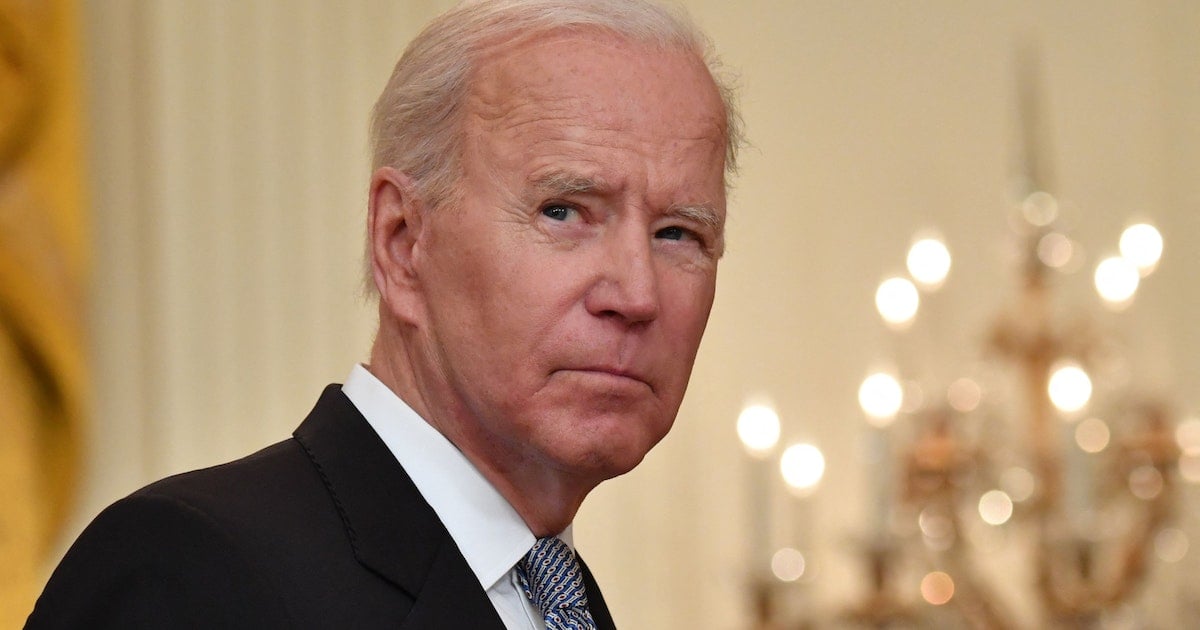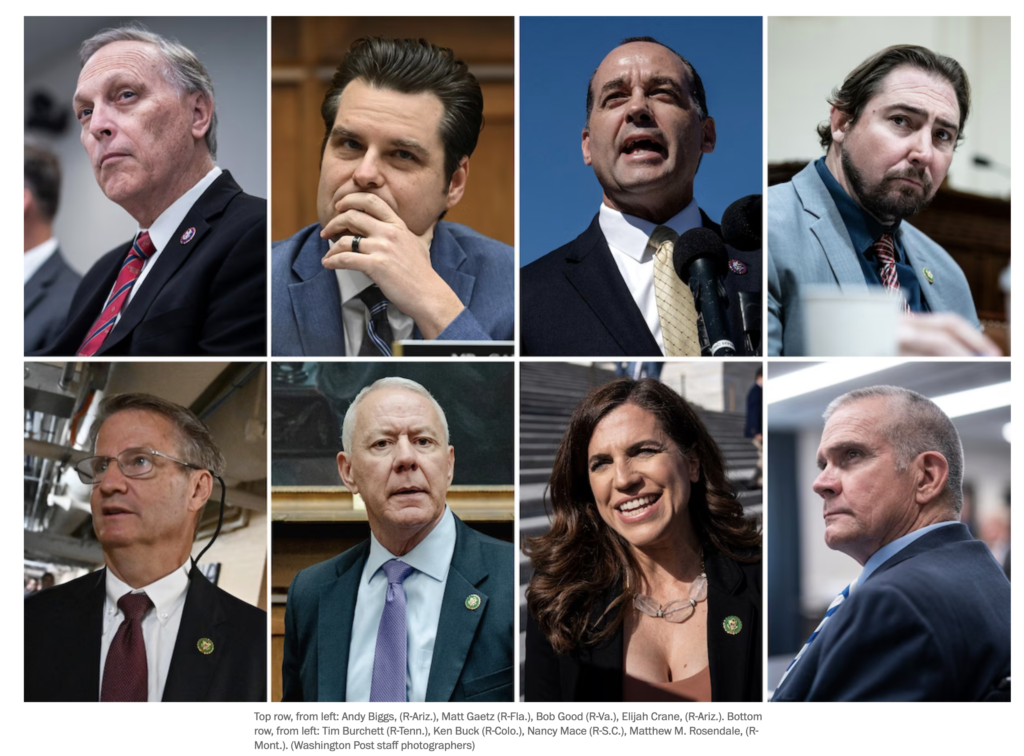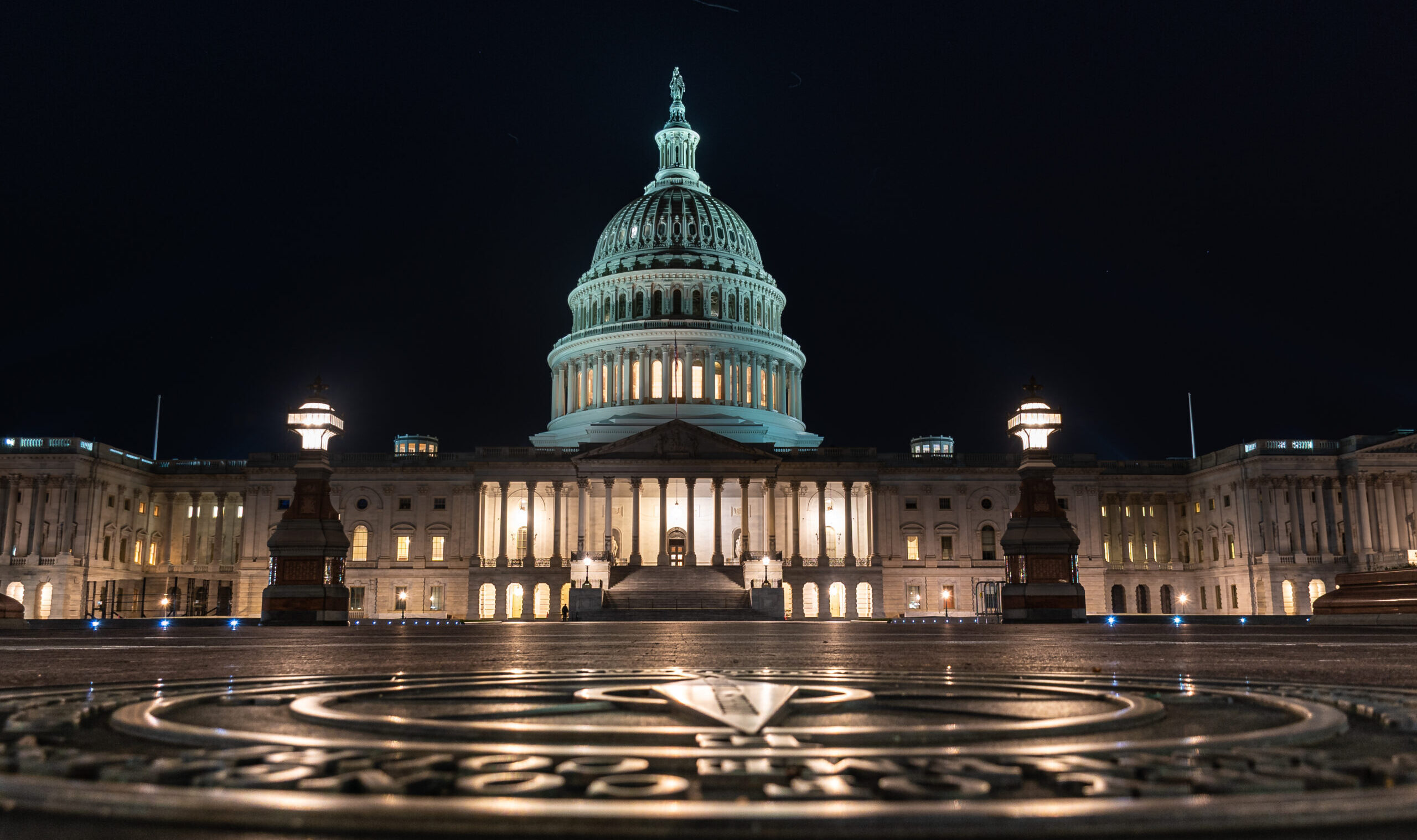There’s a few ways in practice.
-
Court decisions are binding broadly. The conservative capture of the Supreme Court is political genius, honestly. They tend to have the final say regarding policy.
-
Federal agency rules are also broadly binding. EPA rules that limit greenhouse gas emissions, for example, apply everywhere in the country.
-
State legislatures are often less polarized, which facilitates a more productive legislature.
-
State agencies, like a state environmental department, mirrors its federal counterpart but is more localized.
-
Non-state organizations can get things done, though their interests are often limited and not necessarily in the interests of the broad public as state and federal institutions are.
-
International institutions can ‘set the tone’. They may not have any power to actually do anything within a specific jurisdiction, but people within those jurisdictions can draw policy inspiration from international organizations and try for something locally binding.













Every answer so far is wrong.
It can be used for good purposes, though I’m not sure if characterize creating a personalized Jarvis as good per se. But, more broadly, capitalist inventions do not need to be used only by capitalists for capital ends.